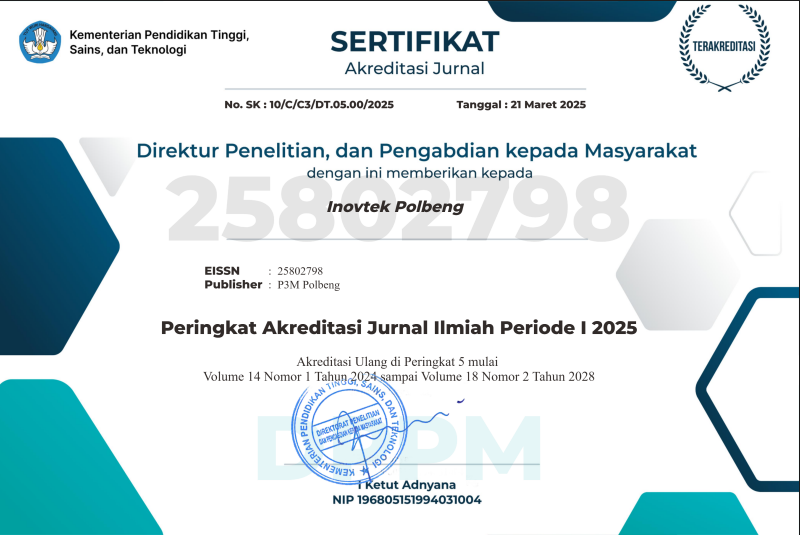TANTANGAN MANAJEMEN PEMBANGUNAN KAPAL DI INDONESIA
DOI:
https://doi.org/10.35314/v00wbp34Keywords:
Galangan, Kebijakan Maritim, Manajemen, Pembangunan Kapal, Pembiayaan Kapal, Proyek InfrastrukturAbstract
Abstract
The shipbuilding industry in Indonesia holds a vital role in realizing the country’s vision as a global maritime axis, yet it still faces many serious challenges. At the macro level, these challenges include global market fluctuations and restricted access to financing. At the micro level, shipyards struggle with limited facilities, inefficient supply chain management, and long construction cycles, which weaken competitiveness. This study uses a literature review method by analyzing academic publications, industry reports, and previous studies. The purpose is to identify the gap between management practices in advanced shipbuilding nations and current conditions in Indonesia, as well as to highlight opportunities for improvement. International experience shows that South Korea, Japan, and Singapore have successfully strengthened their shipbuilding industries by adopting digital technologies, developing green innovations, and creating supportive financial policies. In contrast, Indonesia is constrained by high loan interest rates (8%-14%), reliance on imported materials, and high financial risks. The findings highlight the need for digital-based management reform and more accessible financing schemes. Including shipbuilding as part of national infrastructure projects would also open wider financing options. With breakthrough measures and stronger collaboration across sectors, Indonesia can close existing gaps, improve competitiveness, and strengthen its role in the global shipbuilding industry.













